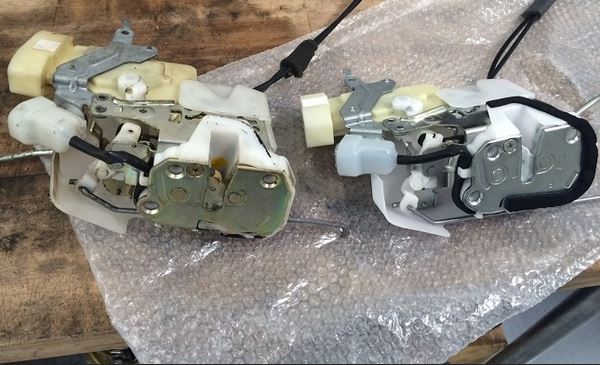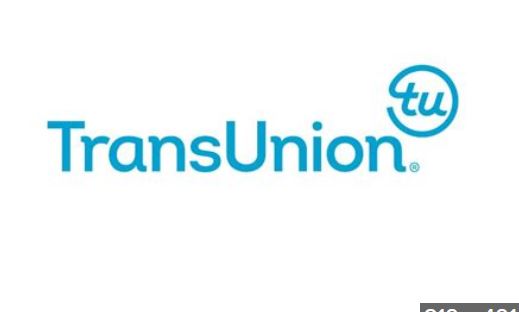Lexus’s Failure To Address Door Lock Actuator Defect Spawns Class Action Featured

Lexus sued for its failure to acknowledge or address defective door lock actuators used in many of its vehicles.
In recent years, a significant number of Lexus vehicle owners and lessors have encountered a troubling issue: defective door lock actuators. These components are crucial for the central locking system, ensuring the security and convenience of modern vehicles.
Drivers report that on certain Lexus vehicles the locks appear to engage when locked using the remote key fob, but do not actually engage, leaving the car doors unlocked. A defect in these actuators can lead to serious inconveniences, potential safety risks and financial consequence due to repair expense and diminished vehicle value.
As a result of Lexus’s failure to acknowledge and resolve this defect, a class action lawsuit is forming, and it is crucial for Lexus owners and lessors to understand the implications and the need for a common voice.
What Vehicles are Affected by This Defect?
The following Lexus vehicles (class vehicles) are alleged to contain defective door lock actuators.
- 2010 – 2023 Lexus GX
- 2015 – 2024 Lexus NX
- 2014 – 2024 Lexus RX
- 2015 – 2023 Lexus RC
- 2013 – 2024 Lexus LX
- 2012 – 2024 Lexus ES
- 2013 – 2020 Lexus GS
- 2013 – 2024 Lexus LS
- 2014 – 2024 Lexus IS
What is a Door Lock Actuator?
The door lock actuator is an electronic component that controls the locking and unlocking of a vehicle’s doors. When functioning correctly, it allows for the seamless use of remote keyless entry systems, central locking mechanisms, and enhanced vehicle security features. Unfortunately, in several Toyota models, these actuators are prone to failure, resulting in doors that may not lock or unlock reliably.
Identifying the Problem
Owners and lessors of class vehicles have reported a range of issues related to door lock actuators. Symptoms of a defective actuator include:
- Inconsistent Locking/Unlocking: Doors may fail to respond to the remote key fob or internal lock switches.
- Unusual Noises: Grinding or clicking sounds when attempting to lock or unlock doors.
- Security Concerns: Inability to secure the vehicle properly, increasing the risk of theft or unauthorized access.
- Safety Risks: Potential entrapment hazards, particularly in emergencies where quick exit or entry is required.
Impact on Owners and Lessors
The defective door lock actuators not only pose a significant inconvenience but also represent a potential safety hazard. For lessors, the situation is particularly problematic as it can affect the vehicle’s resale value and incur additional costs at the end of the lease term. Owners, on the other hand, may face expensive repair bills, often not covered by warranty after a certain mileage or period.
The Class Action Lawsuit
A class action lawsuit is being organized to address this widespread defect. This legal action aims to hold Lexus accountable for the manufacturing flaw and seek compensation for affected owners and lessors. The lawsuit intends to cover:
- Repair Costs: Reimbursement for expenses incurred in replacing or repairing defective door lock actuators.
- Diminished Value: Compensation for the reduced value of vehicles due to the defect.
- Inconvenience and Safety Risks: Addressing the broader impact on owners’ and lessors’ peace of mind and personal safety.
Why Join the Class Action?
Joining the class action lawsuit offers several benefits to Toyota owners and lessors:
- Collective Strength: Standing together increases the chances of a favorable outcome against a major corporation.
- Cost-Effective: Individual legal battles can be prohibitively expensive, whereas class actions spread the costs across all participants.
- Comprehensive Redress: The class action seeks to cover all aspects of the issue, from financial compensation to addressing safety concerns.
How to Join
The lawsuit looks to cover all individuals in the United States that own or lease any of the class vehicles mentioned above and have experienced the door lock actuator defect.
To join this class action, please complete the form shown on this page and a consumer protection attorney will contact you. There is no cost to you.









